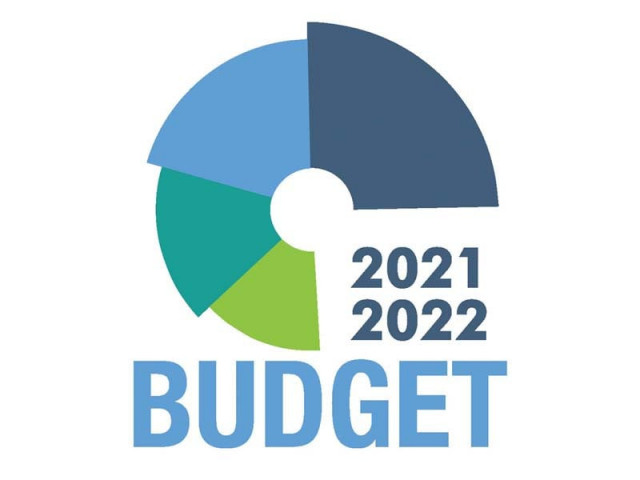Textile sector seeks zero-rated facility
Asks govt to reduce withholding tax to 0.5% in federal budget for FY22

Value-added textile exporters have urged the government to restore zero-rating (no payment, no refund), continue the Duty Drawback of Taxes (DDT) scheme and Technology Up-gradation Fund (TUF), and reduce withholding tax (WHT) to 0.5% in the upcoming federal budget for fiscal year 2021-22.
At a joint press conference, the heads of around a dozen textile associations including Council of All Pakistan Textile Mills Association Chairman Zubair Motiwala, Pakistan Apparel Forum Chairman Jawed Bilwani, Pakistan Hosiery Manufacturers and Exporters Association Chairman Tariq Munir and Pakistan Knitwear and Sweater Exporters Association Chairman Rafiq Godil demanded the suspension of Export Development Fund (EDF) surcharge.
They urged the government to reduce and fix tariffs of electricity, locally produced gas and re-gasified liquefied natural gas (RLNG), and continue to allow duty-free import of cotton yarn in the budget.
Read: Textile sector urges govt to improve cotton output
“Restoration of zero-rating is a must as export-oriented small and medium enterprises (SMEs) have closed down and decreased by 30% as compared to last year,” Motiwala lamented, adding that despite Covid-19, textile exports increased by 17.35% as compared to last year and would reach $15.5 billion in fiscal year 2020-21 owing to government’s pragmatic policies - Drawback of Local Taxes and Levies (DLTL) scheme, DDT, special and competitive tariffs and uninterrupted supply of utilities.
Endorsing Motiwala’s views, Bilwani stated that due to commencement and payments under the DLTL scheme in 2009, textile exports increased by 7.3% in 2010 and by 35% in 2011.
However, in 2012, textile exports decreased by 10.66% due to withheld payments of DLTL. “Therefore, it is important that the government continue the scheme for the next five years.” He suggested that DDT on garment, home textile and fabric exports should be 7%, 6% and 5% respectively on a shipment basis for the next five years to compete in the international market as competing countries were extending the same.
“With commitment, the rates will be increased every year by 1%, which means 7%, 6% and 5% in 2021-22, 8%, 7% and 6% in 2022-23, 9%, 8% and 7% in 2023-24 and so on,” Bilwani added. Furthermore, incremental DDT, on 10% increase in exports over the previous year, should also be provided at 2%, Motiwala said.
“This will bring huge investment to the textile sector and will encourage new exporters to invest in the sector,” he added. With the introduction of TUF in 2009, the textile sector’s capacity had enhanced by 30%, he said, adding, “it is imperative to reinstate the TUF for the next five years.”
It would lead to up-gradation and advancement of technology, increase in production as well as exports, he said.
“Exporters fall under the final tax regime and are required to pay 1% WHT on their export proceeds,” said Tariq Munir.
“WHT should be reduced from 1% to 0.5% for the exporters as this will help exporters to use cash liquidity for enhancing exports,” he emphasised.
Read more: CCOE extends tariff scheme for textile sector
The present government had announced separate tariffs of gas and electricity for the export sectors with assurance that the tariffs would remain in place for three years, however, the tariffs were enhanced after a year, Bilwani highlighted.
“To compete internationally and capture more markets, the tariff on electricity, locally produced gas and RLNG for the exporters should be fixed at 7.5 cents per kilowatt-hour (kWh), Rs819 per mmbtu and $6.5 per mmbtu respectively for the next five years and the same should be applied countrywide.”
Owing to sharply lower cotton production and acute shortage of cotton yarn, the government has allowed duty-free import of cotton yarn by the value-added textile sector till June 30, 2021.
Published in The Express Tribune, June 10h, 2021.
Like Business on Facebook, follow @TribuneBiz on Twitter to stay informed and join in the conversation.


















COMMENTS
Comments are moderated and generally will be posted if they are on-topic and not abusive.
For more information, please see our Comments FAQ